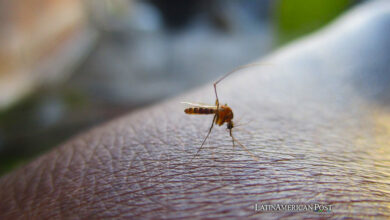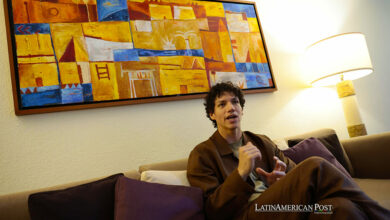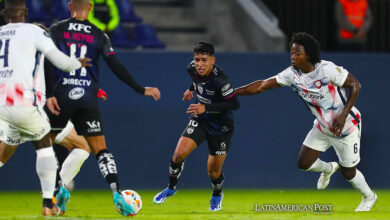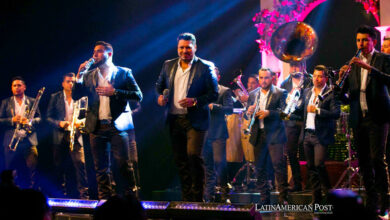Dehydration in your baby: do you know how to detect it or treat it?
Listen this article
Dehydration in your baby can be from mild to life-threatening, so we present some warning signs that you should keep in mind

Since the body water percentage of babies is higher than that of adults (80%), they are much more vulnerable to high temperatures and can have an excessive loss of body fluid, which increases the risk of dehydration.
Leer en español: Deshidratación en tu pequeño: ¿sabes cómo detectarla o tratarla?
However, dehydration can also occur in situations of diarrhea, vomiting, fever, pharyngitis or excess fluid loss in the urine, advises Children's Guide.
To know how to treat it, it is essential to keep in mind that dehydration can be mild and smooth to correct, moderate, or severe and potentially fatal.
How to know if my child is getting dehydrated or dehydrated?
The pediatrician Vladimir Muñoz tells the baby's ABC newspaper that some of the most evident signs are:
You may also be interested: Babies & moms: the consequences of a cesarean
• Your baby drinks water or any liquid in despair.
• The appearance of the so-called "sunken eyes," which occurs when the tension of the eyeball decreases and the eyes sink when the body is dehydrated.
• The tongue dries, the saliva becomes thick, and the skin dries and wrinkles.
• Your baby is irritable, with signs of weakness and drowsiness.
Likewise, other signs are when your baby spends more than six hours without urinating, and the appearance of the urine is a dark yellow color, and a strong smell, hands, and feet feel cold and appear to have spots, is dizzy or delirious, and tears do not come when she cries.
What to do if your baby shows signs of dehydration?
As always, we recommend that you take your baby to your trusted pediatrician to make sure it is not a severe case of dehydration. It is likely that, if it is not severe, he will only recommend you to give him a large amount of water and other liquids that he usually drinks.
Regarding this, the British Nutrition Foundation advises parents and caregivers to ensure that the baby eats 6 to 8 glasses of water per day. According to this organization, everything depends on age, sex, and physical activity. "Babies need 120 to 150 ml and larger ones between 250 to 300 ml," he says.
On the other hand, in more advanced cases it is also possible that the pediatrician suggests that you give him a special liquid, to replace the amount of water and salts (electrolytes) that his body has lost. These liquids are sold in most pharmacies, and some of the most recognized are Pedialyte, Infalyte ReVital.
LatinAmerican Post | Luisa Fernanda Báez
Translated from "Deshidratación en tu pequeño: ¿sabes cómo detectarla o tratarla?"





